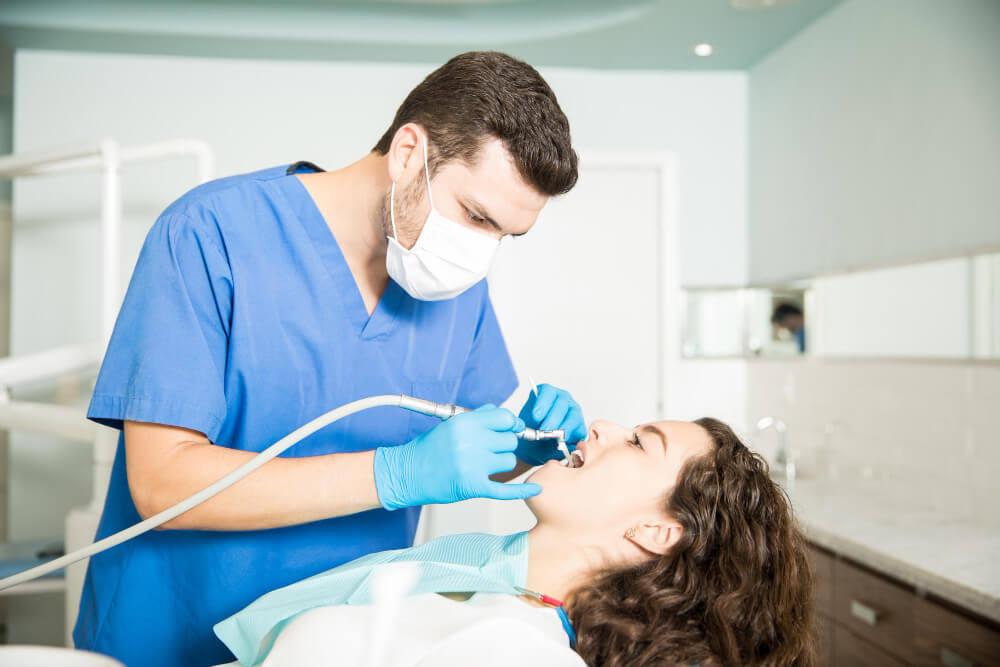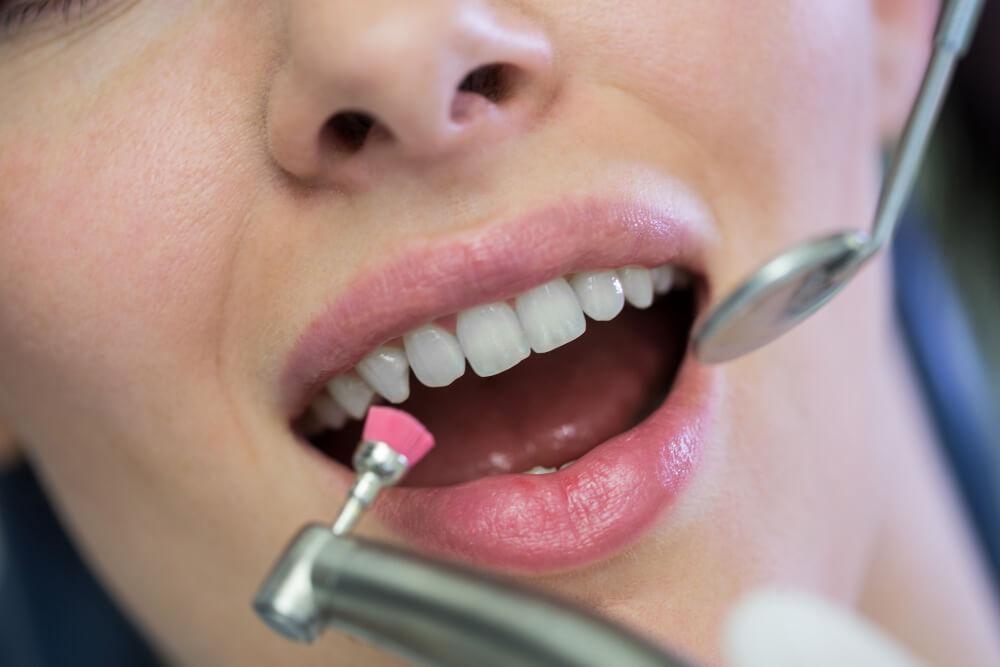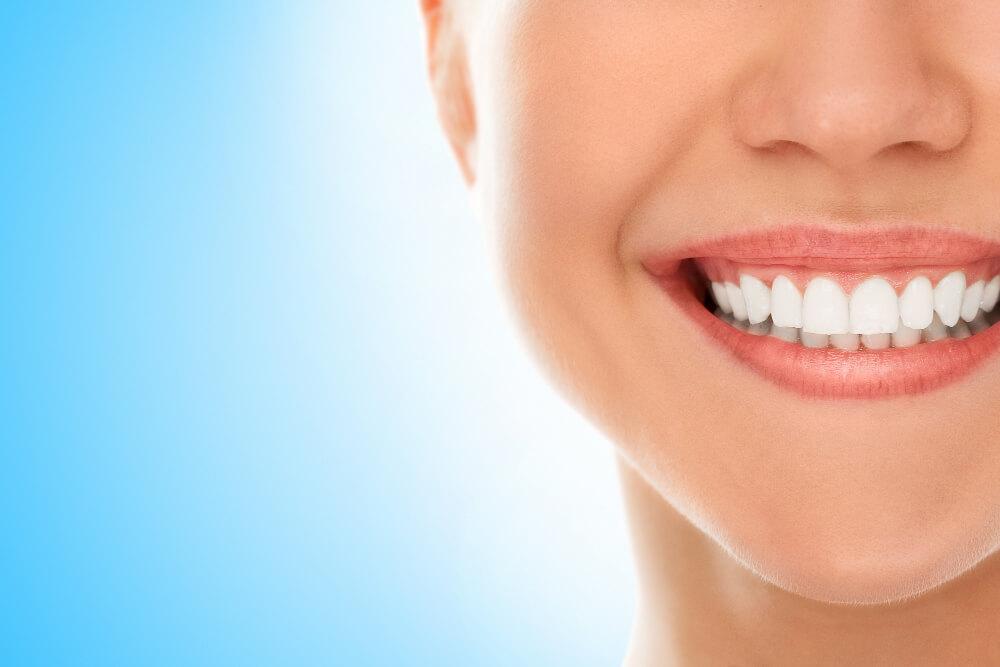
Regular dental cleanings play a crucial role in maintaining optimal oral health. Dental cleanings keep your teeth sparkling clean and help prevent many dental problems, including cavities, gum disease, and bad breath.
One common question that patients often have is how long a dental cleaning takes. In this comprehensive guide, we'll delve into the details of dental cleanings, including what to expect during the procedure, factors that can affect the duration, and why they are so important for your oral health.
Dental cleanings, also referred to as prophylaxis or teeth cleanings, are professional services carried out by dental hygienists or dentists. For the majority, it's advisable to schedule these cleanings every six months, but some individuals may necessitate more frequent cleanings based on their specific oral health requirements.
The main objective of a dental cleaning is to eliminate plaque and tartar, which is hardened plaque, from both the teeth and gums. Plaque is a sticky bacterial film that accumulates on teeth, potentially causing tooth decay and gum disease if not regularly eliminated. Tartar cannot be effectively removed by routine brushing and flossing and necessitates professional assistance.
Dental cleaning consists of several steps that help ensure a thorough and effective cleaning of your teeth and gums. On average, the procedure usually spans from 30 minutes to an hour, although the timeframe may fluctuate due to various influences.
Before commencing the cleaning process, a dental hygienist evaluates your oral health. This assessment includes examining the teeth, gums, and any potential problem areas. This initial step is crucial in determining the extent of cleaning required and the time it might take.
At the core of the cleaning procedure lies the process of scaling and root planing. Scaling entails eliminating the buildup of plaque and tartar on teeth, particularly in challenging-to-access regions that regular brushing and flossing may miss.
Root planing, on the other hand, smoothens the root surfaces to prevent future plaque buildup. The time taken for this phase depends on the extent of plaque and tartar deposits and can vary from person to person.
Following scaling and root planing, your teeth are polished to remove any remaining stains and to give them a smooth, shiny surface. While polishing is typically a quick process, it contributes to the overall duration of the cleaning.
Fluoride treatment may be recommended, particularly for individuals at higher risk of tooth decay. This additional step involves applying a fluoride gel or varnish to strengthen the teeth and prevent cavities. The time required for this step can vary based on individual needs.
Concluding the cleaning session, the dental professional conducts a post-cleaning evaluation to ascertain that all areas have received thorough cleaning and to address any queries or concerns you may have regarding your oral health.
Several factors influence the duration of a dental cleaning appointment. Understanding these variables can shed light on why different individuals may have different experiences.
Individuals with a history of regular dental care and good oral hygiene habits may require shorter cleaning sessions compared to those with a history of neglect or dental issues. The current state of your oral health plays a significant role in determining the time needed for cleaning.
Those who visit the dentist regularly for check-ups and cleanings often have less plaque and tartar buildup, resulting in shorter cleaning appointments. Conversely, infrequent visits may lead to more extensive cleaning sessions.
Individuals with dental appliances like braces, dentures, or retainers may require additional time for cleaning and maintenance. These appliances can trap food particles and plaque, necessitating thorough attention.
Dental problems such as gum disease, cavities, or oral infections may prolong the cleaning process. These issues require specialized care and attention, which can extend the overall appointment duration.
The experience and skill level of the dental hygienist, as well as the technology and equipment available in the dental office, can impact the efficiency of the cleaning process. Experienced hygienists and advanced equipment may result in more time-effective cleanings.

While the specific duration of a dental cleaning can vary significantly based on individual circumstances, statistics can provide a general idea of what to expect. On average, a standard dental cleaning appointment typically lasts between 30 minutes to an hour. However, it's crucial to note that this timeframe can change depending on the factors mentioned earlier.
It's essential to distinguish between regular cleanings and deep cleanings, also known as scaling and root planing. A routine dental cleaning usually takes around 30 minutes, whereas deep cleanings may require 45 minutes to an hour or even multiple appointments depending on the severity of the condition. Deep cleanings are recommended when there is substantial plaque and tartar buildup or signs of gum disease.
If you find that your dental cleaning is taking longer than usual, it may be due to specific issues that require attention. Your dental hygienist should communicate these concerns with you and discuss the reasons behind the extended appointment.
While the duration of a dental cleaning largely depends on your individual circumstances, there are several proactive steps you can take to ensure a more efficient and timely appointment:
Regular brushing and flossing, along with proper oral care techniques, can help reduce the buildup of plaque and tartar between dental visits. This, in turn, can contribute to shorter cleaning sessions.
Open and honest communication with your dental hygienist is crucial. Share any concerns or discomfort you may be experiencing, as this can impact the cleaning process. A collaborative approach can lead to a more efficient and comfortable experience.
Consistent dental check-ups every six months help prevent extensive cleaning sessions. By addressing issues early, you can avoid the need for deep cleanings and reduce overall appointment times.
Now that we've covered what happens during a dental cleaning, it's essential to understand why these appointments are crucial for oral health. Here are some reasons why regular dental cleanings are needed:
If you're looking to expedite your dental cleaning, here are some tips to help ensure a smooth and efficient appointment:
When it comes to efficient dental cleanings, choose Queens Emergency Dental as your trusted partner. If you're wondering about the duration of your dental cleaning, rest assured that our highly skilled team guarantees both effectiveness and timeliness. We value your time and strive to streamline the cleaning process without compromising quality care.
Whether you require a standard cleaning or have specific concerns that demand extra attention, our experienced staff is ready to assist you. We promote open communication, giving you the opportunity to address any questions or concerns regarding your dental cleaning. At Queens Emergency Dental, we underscore the importance of regular dental cleanings as a preventive measure to avoid more extensive dental procedures in the future.
Take charge of your oral health today by scheduling your dental cleaning appointment with Queens Emergency Dental. Our dedication to your well-being ensures you'll leave our clinic with a healthy, confident smile. Contact us now to experience efficient and exceptional dental care.

Dental cleanings are essential for maintaining excellent oral health. The duration of a dental cleaning can vary based on several factors, including your oral health status, frequency of cleanings, and any additional treatments required.
On average, a dental cleaning takes between 30 minutes to an hour. Regular dental cleanings not only keep your teeth looking their best but also play a vital role in preventing cavities, gum disease, and other dental issues. So, make sure to schedule your next dental cleaning appointment and prioritize your oral health. Remember, prevention is the key to a healthy smile!
YOUR FIRST STEP TOWARDS A BEAUTIFUL SMILE IS JUST A PHONE CALL AWAY!